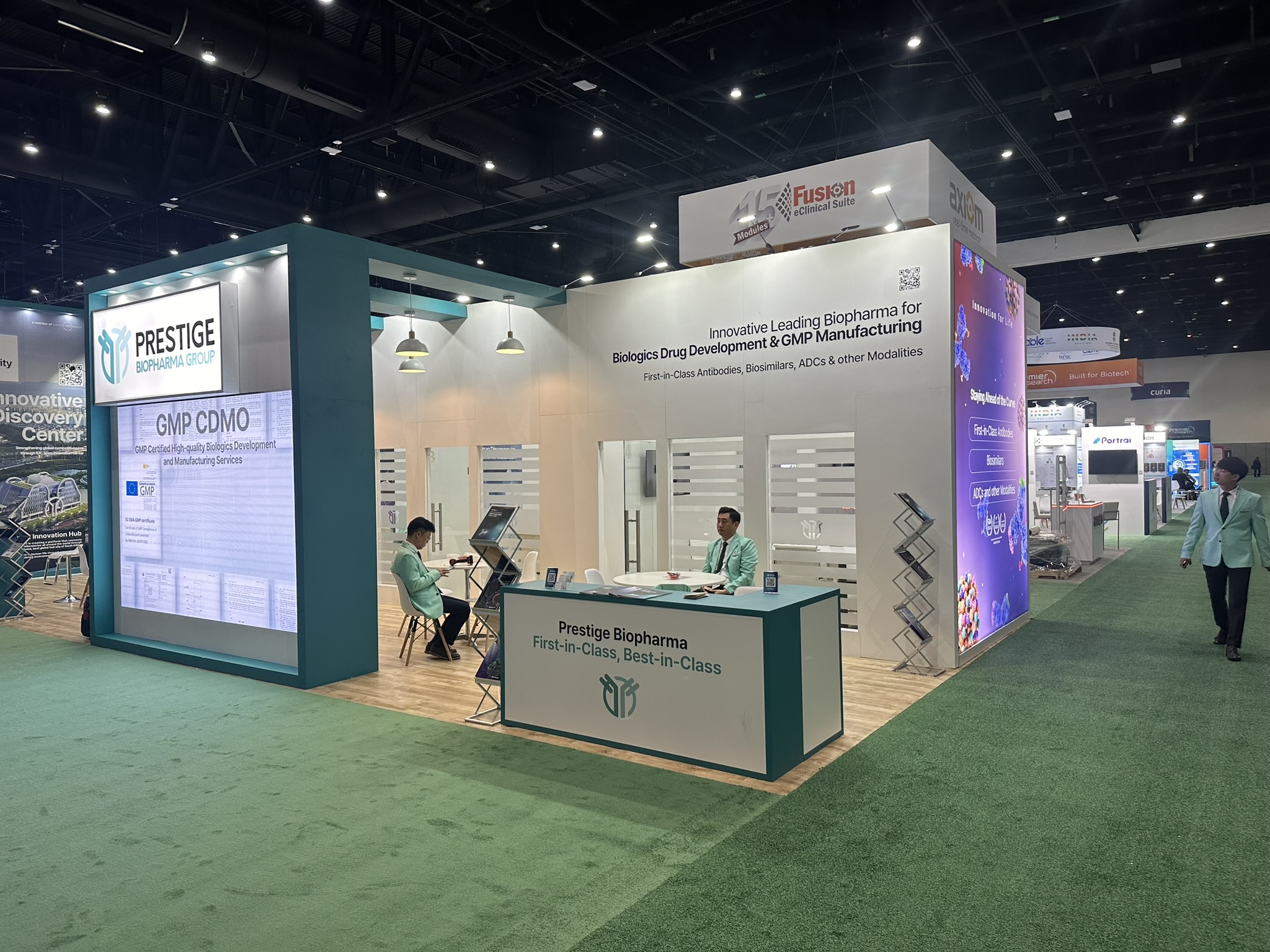President Nicolas Maduro seized complete regulate of Venezuela’s political establishments on Sunday with a sweeping victory in legislative elections that were boycotted by the principal opposition parties.
Maduro and his still left-wing allies experienced 67.7 % of the vote with in excess of 80 % of ballots counted, even though the opposition bloc which broke the boycott experienced 18 per cent, Countrywide Electoral Council president Indira Alfonzo explained.
Turnout was low with just 31 p.c of the country’s 20 million electorate voting.
Sunday’s predictable triumph offers Maduro’s ruling Socialist Celebration control of an expanded 227-seat National Assembly, the only official system held by the opposition.
It further weakened US-backed opposition chief Juan Guaido, who led the boycott following calling the vote “a fraud”.

“Joyful morning of victory!” Maduro celebrated. “We have a new Nationwide Assembly, we have had a tremendous and gigantic victory.”
US Secretary of State Mike Pompeo denounced the polls as “a fraud and a sham” engineered by Maduro.
“The success introduced by the illegitimate Maduro routine will not replicate the will of the Venezuelan people today,” wrote Pompeo on Twitter.
Brazilian Foreign Minister Ernesto Araujo tweeted that the vote was an “electoral farce” and an endeavor by the Maduro “dictatorship” to legitimize its rule.
Canada and the Group of American States reported they would not recognize the result.
“Canada will often stand with the individuals of Venezuela in their struggle to restore democracy,” Foreign Minister Francois-Philippe Champagne stated.

Washington, Guaido’s primary ally, is top stress to oust Maduro with financial sanctions, like an oil embargo in force considering that April 2019.
Maduro identified as on the opposition “with a person voice, to request the new US governing administration of Joe Biden to lift all the sanctions.”
The opposition has controlled the National Assembly considering the fact that 2015.
Maduro sidelined the body in 2017 by creating an all-effective Constituent Assembly stacked with his supporters. The Supreme Court in the meantime declared laws handed by the Countrywide Assembly null and void.
The election, contested by about 14,000 candidates from far more than 100 events, will come with the state in a deep political and economic crisis — suffocated by runaway inflation, paralyzed in infinite queues for petrol, missing water and gasoline supplies, and stricken by electric power cuts.
Considering the fact that November 2019, inflation has reached 4,000 per cent.

Venezuela has been challenging-hit by the Covid-19 pandemic, and voters were demanded to have on masks within polling stations, where by the floors bore markings to ensure social distancing was taken care of.
The longest lines have been in Socialist Get together bastions such as the 23 de Enero neighborhood in Caracas.
In some towns, on the other hand, there have been far more people today becoming a member of the at any time-existing lines at gasoline stations than to vote, reflecting the country’s crippling financial disaster.
“This is a humiliation, I am not heading to vote,” Jose Alberto told AFP just after waiting around for hours at a gas station.
Maduro, a former bus driver who became president on the dying of his mentor Hugo Chavez in 2013, was re-elected in 2018 in fraud-tainted polls — also boycotted by opposition parties — a victory that a lot of the global local community branded illegitimate.
The United States, the European Union and lots of Latin American nations around the world have prolonged blamed Venezuela’s crippling economic crisis on Maduro’s repression and misrule.
They backed Guaido when the National Assembly speaker proclaimed himself interim president in January of last year.
Guaido, 37, known as on voters to continue to be at household on grounds that “free of charge and reasonable” conditions for holding elections do not exist.
“Maduro’s objective is not even to attain legitimacy,” he explained to AFP in an interview this 7 days, including that the goal was alternatively to only wipe out all semblance of democracy.
Guaido and his allies program a 7 days-extensive plebiscite from Monday looking for community aid to lengthen the mandate of the recent Nationwide Assembly until “totally free, verifiable and clear” elections can be held.
Even so, the final results will not be binding, as Maduro workout routines management of the country’s establishments, including the Supreme Court and the strong armed forces.
Original enthusiasm that greeted Guaido’s force for electrical power has waned, and critics now see his plebiscite ploy as a desperate gamble.
Defeat is very likely to depart Guaido increasingly isolate
d, analysts say — not least mainly because he will get rid of the management of the Countrywide Assembly, on which he dependent the legitimacy of his presidential ambitions.
Maduro’s victory will be greeted by his overseas allies Russia and China as lending his regime legitimacy, as properly as a lawful framework to their agreements that assist circumvent US and EU sanctions, analysts say.
Some opposition dissidents who criticized Guaido for calling the boycott took portion in the election, even with getting accused of lending Maduro legitimacy.
“They are heading to characterize the new opposition after January 5” when the new legislature can take business, said political scientist Jesus Castillo.




